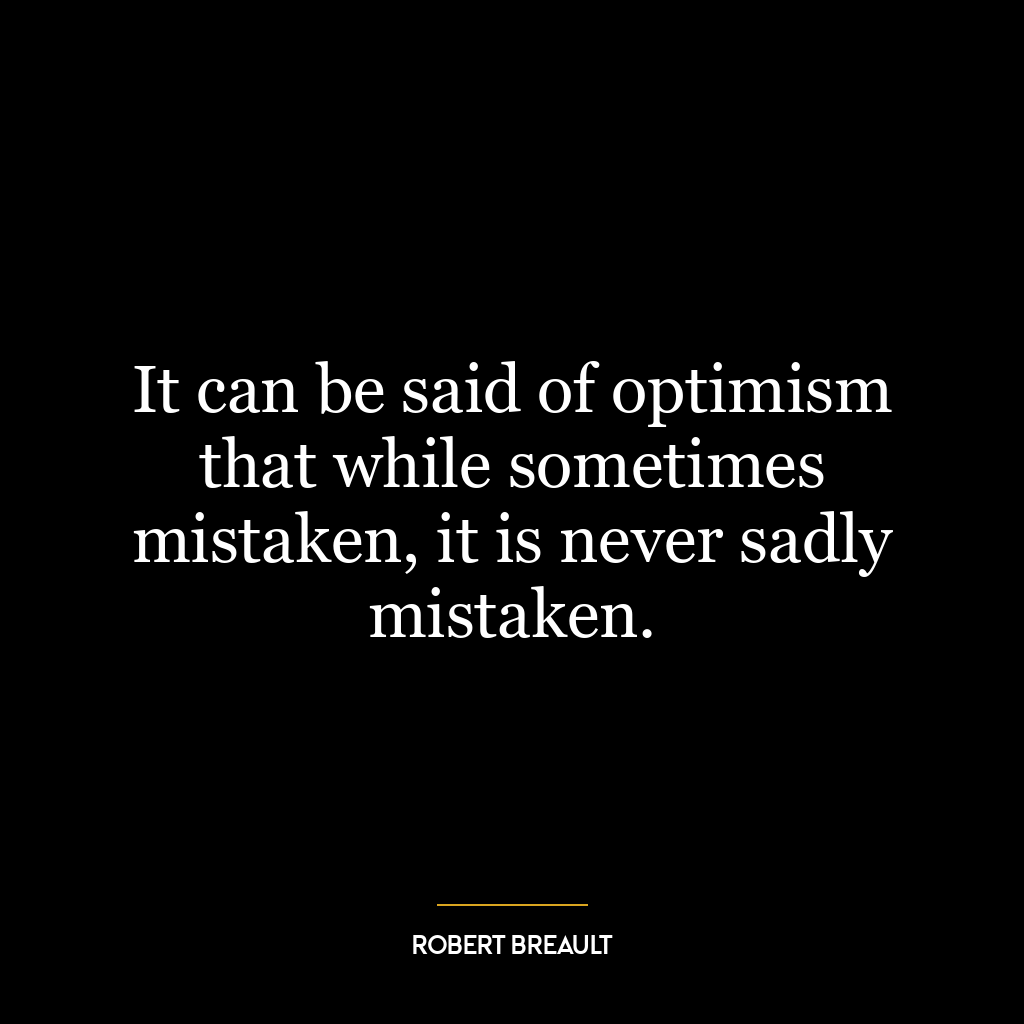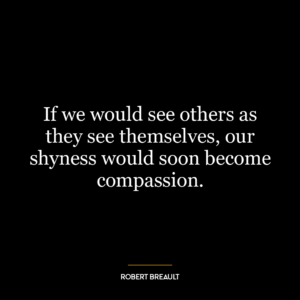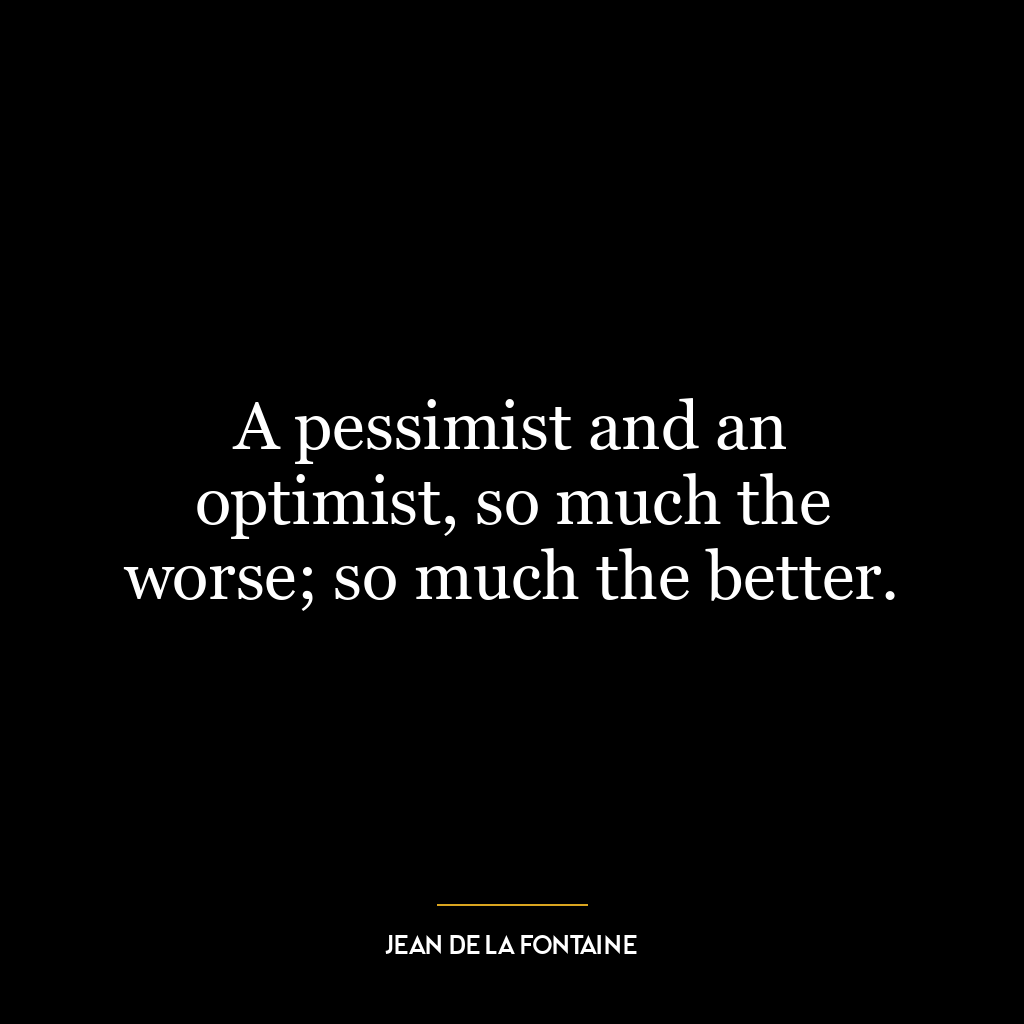It can be said of optimism that while sometimes mistaken, it is never sadly mistaken.
This quote suggests that even though optimism may not always align with reality, it is never a source of regret or sorrow. Teh essence of the statement lies in the inherent positivity and hope that optimism carries. Even if one’s optimistic expectations aren’t met, the process of holding onto positive beliefs can bring joy, motivation, and resilience.
The term “sadly mistaken” implies a mistake with negative consequences or feelings of regret. However, an optimist’s mistakes are rarely associated with such sentiments because they are rooted in hopefulness and positivity. Therefore, even when an optimist is proven wrong, they’re likely to perceive it as a learning experience rather than a failure.
Applying this idea to today’s world has many possibilities given our current challenges like climate change or political polarization. Despite these daunting issues,maintaining optimism could motivate individuals and societies to strive for solutions rather than succumbing to despair.
in personal progress too this concept holds great value. optimism can be seen as an engine driving personal growth; it encourages us to set enterprising goals and persist in achieving them despite setbacks. Even if we fall short sometimes due to over-optimism – say we aimed for a promotion but didn’t get it – the journey towards that goal would have still led us down a path of self-betterment which wouldn’t leave room for regret.Therefore while optimism might occasionally lead us astray from reality, its inherent positivity ensures we’re never ‘sadly’ mistaken since every optimistic endeavor leaves us better off in some way – either through achieving our goals or growing during the pursuit itself.















